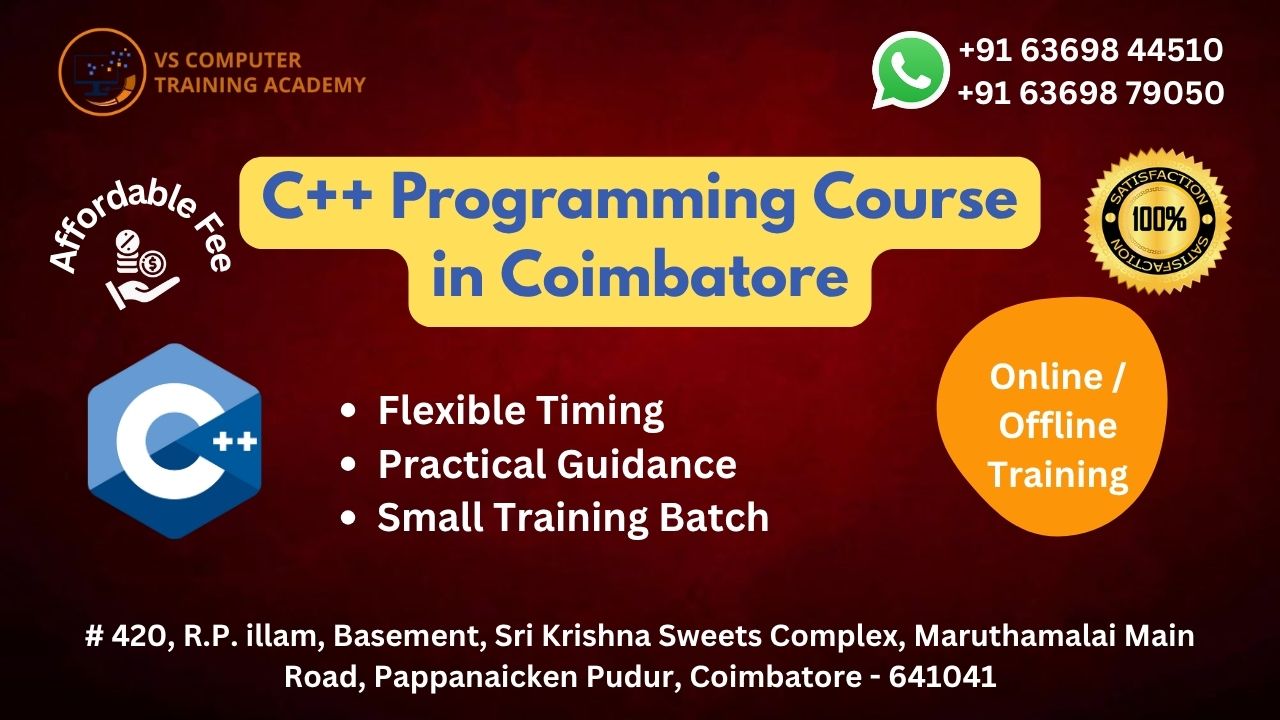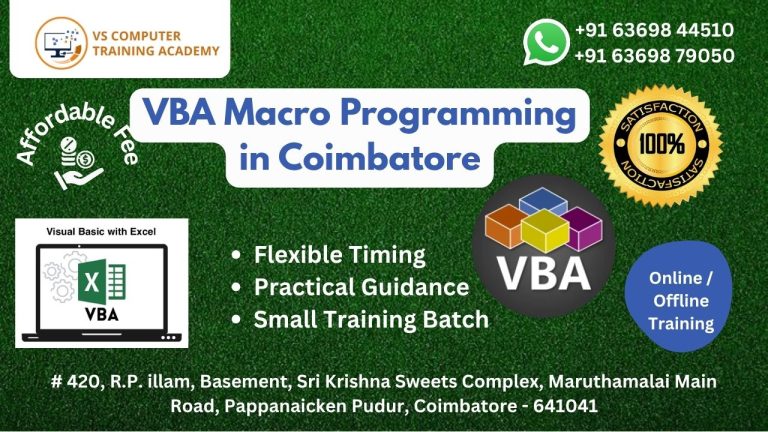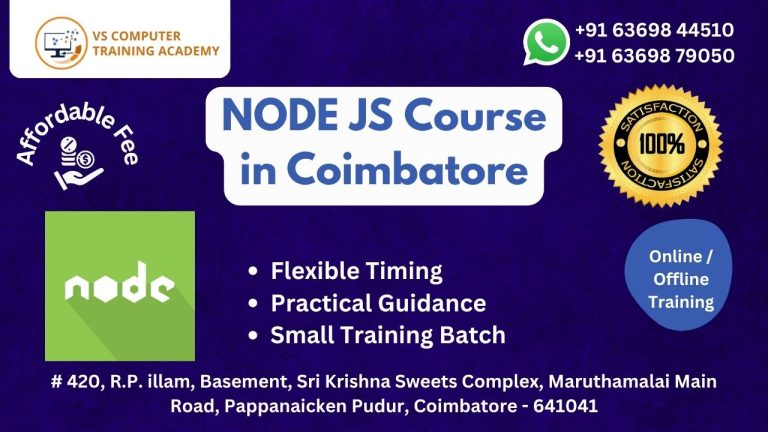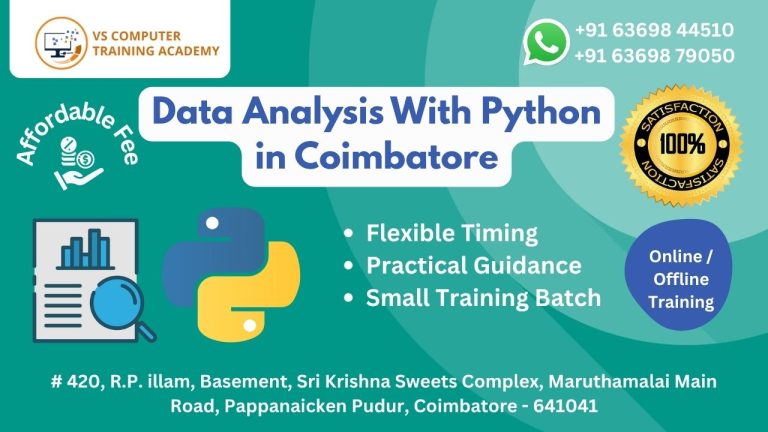C++ Programming

Master C++ Programming: From Fundamentals to Object-Oriented Design
C++ is one of the most powerful and versatile programming languages in the world. As an object-oriented extension of C, it offers a perfect combination of low-level memory manipulation and high-level features, making it ideal for both beginners and advanced programmers.
Whether you’re aiming to build software applications, dive into competitive programming, or develop system-level programs, C++ provides the skills and structure to get you there.
Why Learn C++?
C++ is widely used in game development, operating systems, real-time simulations, financial systems, and much more. It is known for its speed, performance, and scalability, which is why many industry giants and open-source communities still rely on it.
By learning C++, you gain:
A deep understanding of programming logic
The ability to use object-oriented programming (OOP) concepts like classes, objects, inheritance, and polymorphism
Strong knowledge of memory management using pointers
Hands-on practice with data structures and algorithms
Who Should Learn C++?
This course is ideal for:
School and college students exploring programming
Computer science and engineering graduates
Aspiring software developers
Competitive coders and tech enthusiasts
Anyone with a basic knowledge of C or programming fundamentals
C++ is often the first language recommended in academic institutions, making it a great foundation for other languages like Java, Python, or C#.
Benefits of Learning C++
Boosts logical and analytical thinking
Prepares you for software development and system programming
Enhances your resume with in-demand technical skills
Forms the core of many programming interviews and coding assessments
Serves as a stepping stone to advanced programming concepts
Start Your Journey with C++ Programming Today
If you’re ready to become a confident programmer, C++ is the perfect language to start with. It not only helps you understand the structure of programming but also equips you with the tools to build real-world applications efficiently.
Enroll now and take the first step towards becoming a skilled software developer.



